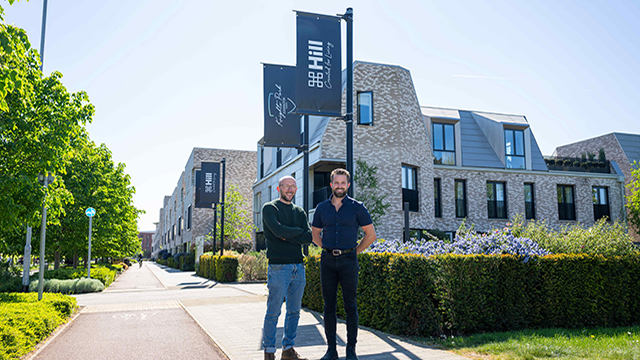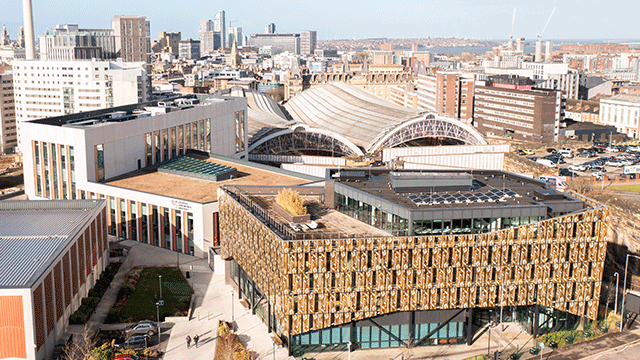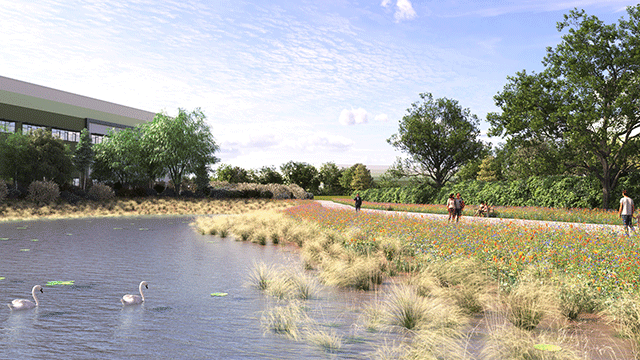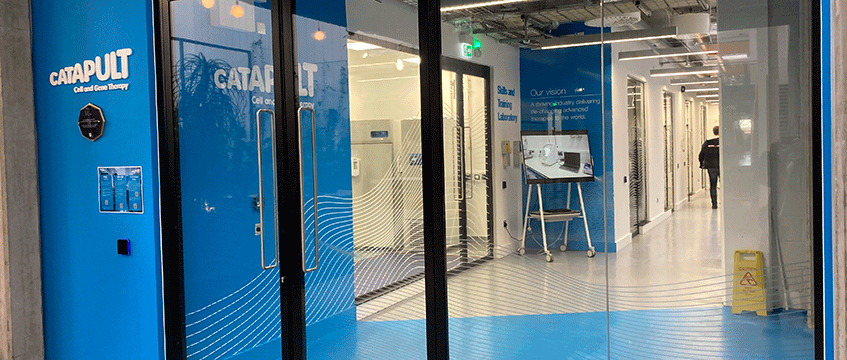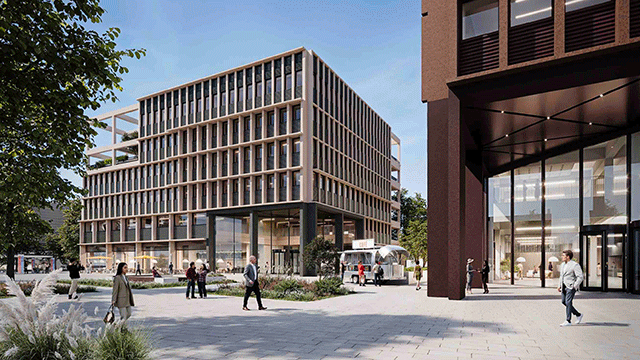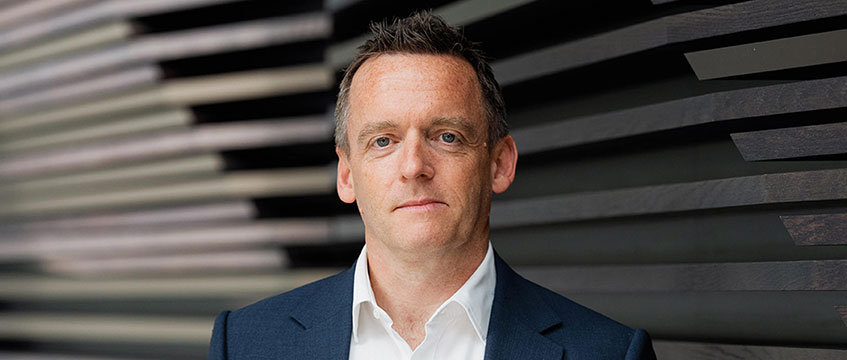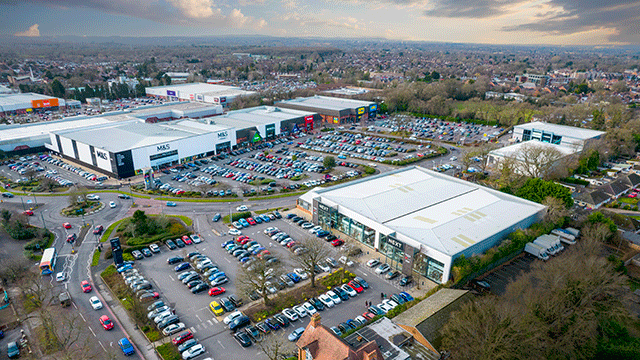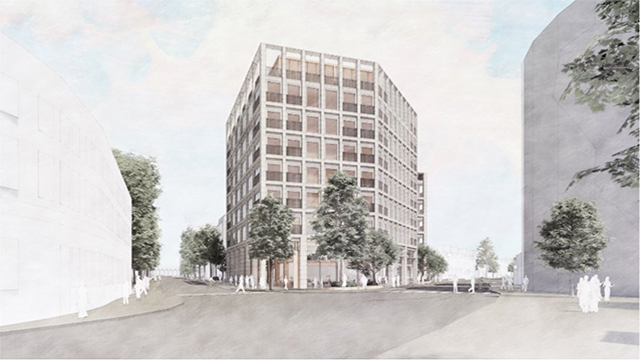The UK’s life sciences real estate market has rarely been busier – investment deals worth close to £500m were sealed in the first quarter, marking the best start to the year on record, according to Knight Frank.
But the country’s science-focused start-ups don’t just need tenancy – they need talent, and that talent needs training. At Kadans Science Partner’s Sycamore House, which sits within the Stevenage bioscience campus in Hertfordshire, the developer thinks it has a secret gem – a skills and training lab operated by Cell and Gene Therapy Catapult, part of the Catapult network established by the government-backed Innovate UK.
Kadans signed a deal with CGT Catapult in April last year to deliver the hub, which will help early-stage small and medium-sized enterprises ensure staff have the right skill sets. The Sycamore House training facility is divided into four sections, covering upstream, downstream, processing and control and analytics space.
At Sycamore House, a former warehouse was transformed into a 103,000 sq ft facility, comprising labs and offices, to cater to biotech companies focused on cell therapies. Kadans began repurposing the building in 2018, having bought it from GSK. The warehouse was stripped back to the frame and a mezzanine floor to create first-floor offices, leaving labs on the ground floor.
CGT Catapult spent around £2m to equip the training lab, which the company estimates features about 70% of the most commonly used equipment in the biotech sector to ensure trainees leave with a broad skill set that can be used across a range of subsectors.
Ian Parnham, skills programme lead at CGT Catapult, said: “Our primary target audience is cell and gene therapy companies, but the equipment we have there isn’t always unique to them. We have to talk closely to the companies within our network to define parameters as to what equipment would be useful for them.”
In addition to labs, the training facility features a tech room, which allows trainees to explore processes through augmented reality and the metaverse, an approach that emerged during the pandemic.
Parnham said: “We were exploring how we could push the training boundaries and use virtual reality to train staff when they can’t be here.
“What came out of it is a headset and haptic gloves that put you into the virtual reality space that is modelled to recreate our skills and training labs. It allows you to work with the machines featured across all our rooms by showing the actions you should be doing. You can also see your training metrics and plan on the screen.”
CGT Catapult has worked closely with Kadans on the layouts and the design of the facility, from the finish used on the walls to power, gas piping and airflow systems.
Kasia Averall, head of cluster development at CGT Catapult, said: “Our facilities have got to be high-spec; they have to be suitable for making medicines. So the quality of them, the design of them, has to hit a certain standard around ceiling height and air handling units.
“Also, the processes in the biotech industry are evolving, so the facility design has to be flexible to accommodate the changes. Flexibility in real estate is the key to the sector’s growth.”

To send feedback, e-mail evelina.grecenko@eg.co.uk or tweet @Gre_Eve or @EGPropertyNews
Images: Kadans
View average rents in Stevenage >>
See which agents are doing the most deals in Hertforshire >>




